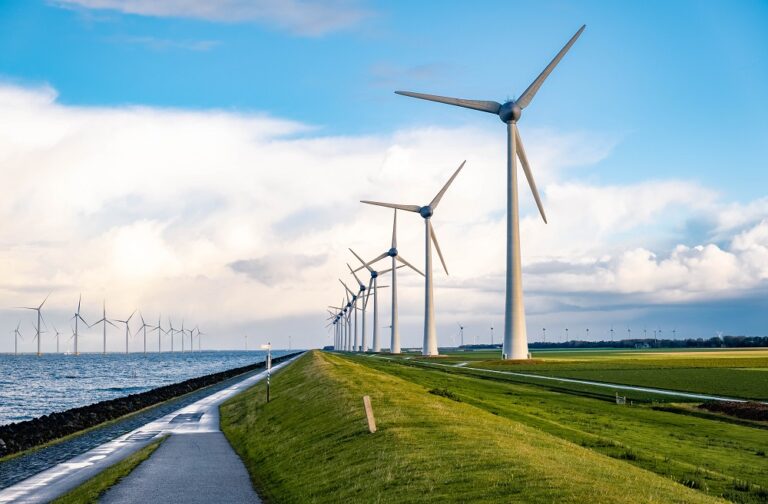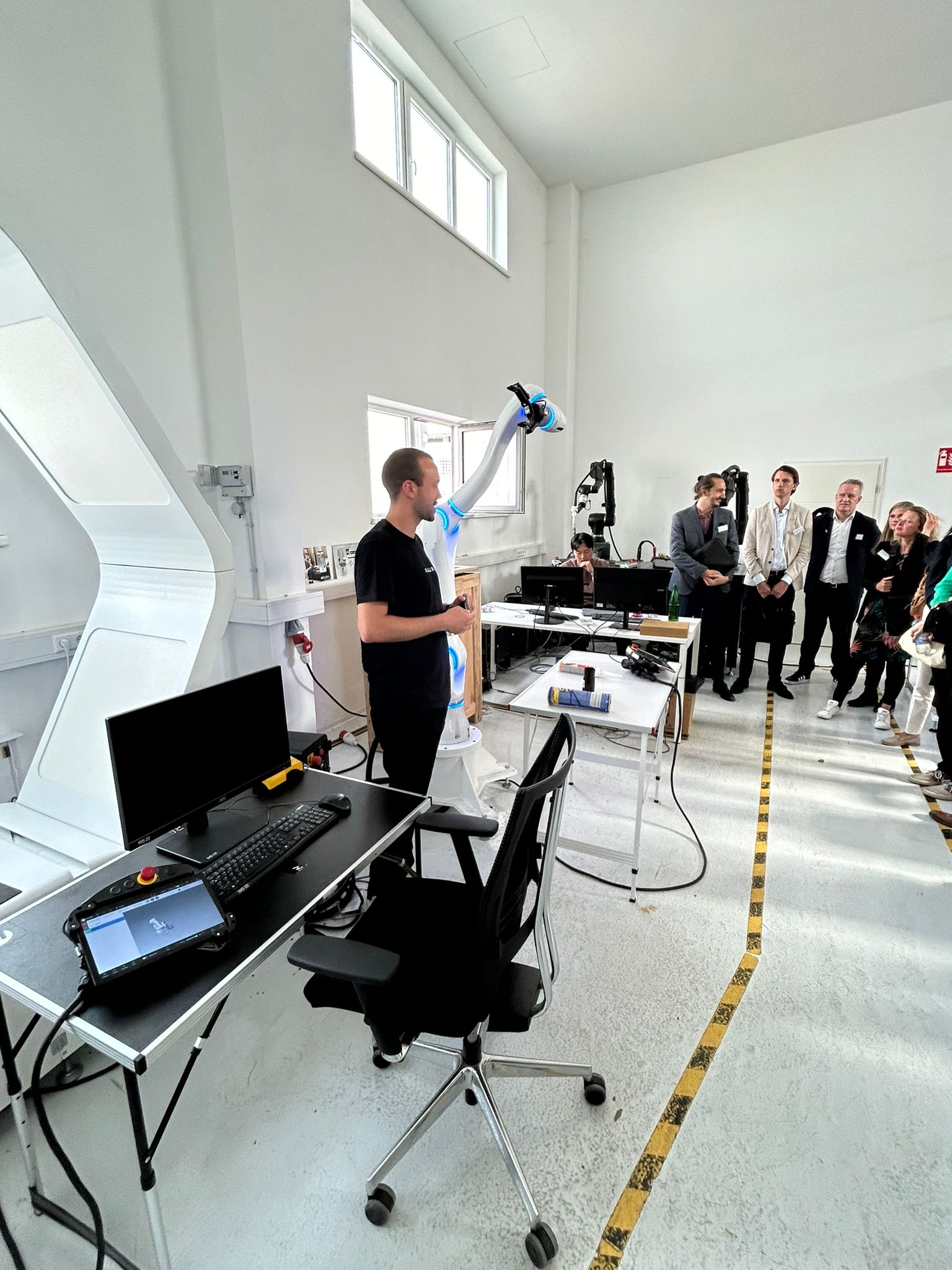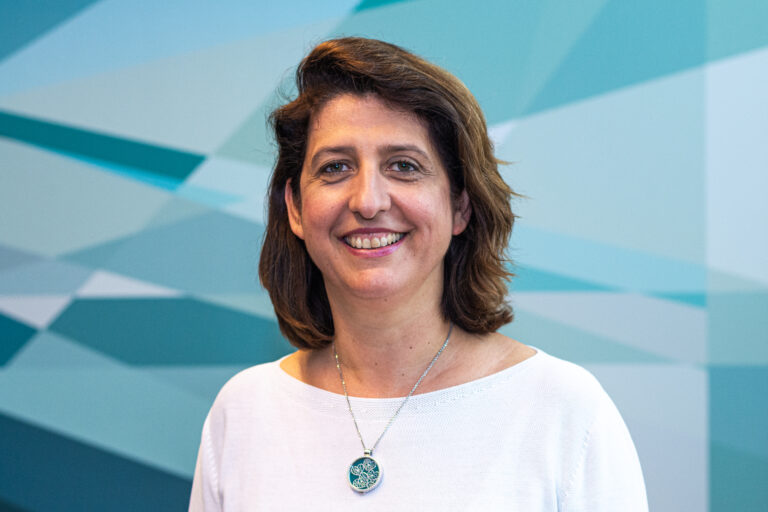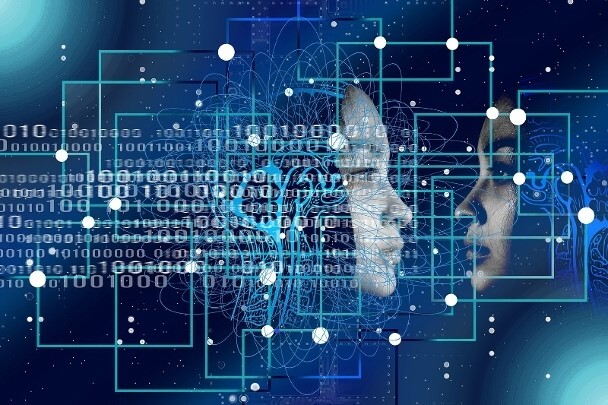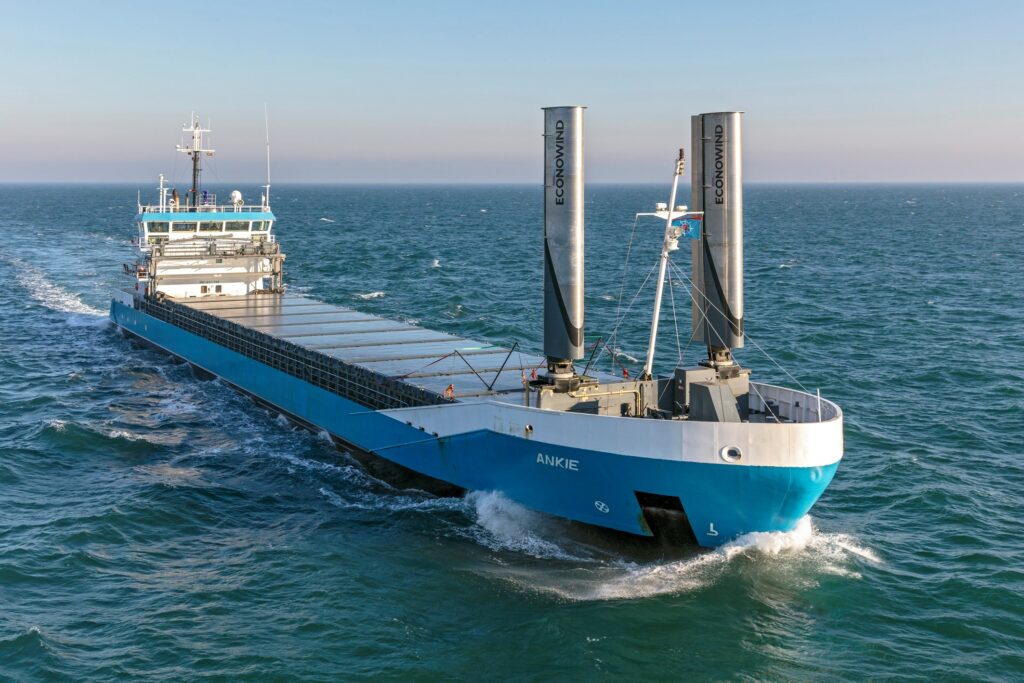Interview with Mathijs de Weerdt, Chair of the Energy and Sustainability working group
Mathijs de Weerdt first came across the Netherlands AI Coalition (NL AIC) early in 2020. His role as the Algorithms section leader at Delft University of Technology meant that he was already involved in activities relating to Artificial Intelligence (AI). He has now been researching new algorithms in the context of energy systems for over ten years, which meant, after featuring in an event for NL AIC participants in 2020, that an active role in the Energy and Sustainability working group was a logical step for him.
Goals for the working group
“Helping sustainability is important and, as far as I’m concerned, essential if we’re to leave a liveable world behind for future generations,” says Mathijs. “Sustainable energy systems have to be smart, yet at the same time they’re also highly complex because of the many uncertainties and challenges, such as the large scale, the amount of data, the various infrastructures and the numerous actors and interests. This complicated puzzle provides some fantastically interesting challenges for the deployment of AI.”
The aim of the Energy and Sustainability working group is therefore to use AI research and applications to help the energy transition and make the Netherlands more sustainable. AI can for example let regional grid operators achieve significant cost savings through smart maintenance and a targeted approach to congestion problems. Where the domains of multiple energy carriers intersect, AI can help match supply to demand and help conversions between energy carriers. On top of that, there is an important opportunity for AI in supporting the decision-making processes that will redesign the energy system. And these are just a few very promising applications.
Concrete developments
“A position paper on AI and the energy transition is currently being developed jointly with participants in our working group,” says Mathijs. “We expect to be able to publish this vision in the near future. AI is playing a key role in many areas and it can accelerate the energy transition significantly. This acceleration offers substantial opportunities for the Netherlands to become a leader in the field. Our vision provides some concrete starting points for getting this acceleration rolling.
As well as developing this vision, we also contribute to the energy transition through specific projects. Our colleagues from the VU and PhotonDelta have worked out a programme for energy-efficient AI systems in which we draw attention to the high energy consumption of some machine learning methods and show the route that needs to be taken for keeping it under control.”

Mathijs de Weerdt
“Another example is the content provided by the working group for a course to be developed by the Human Capital working group,” continues Mathijs. “The course aims to create awareness of the potential of AI among all workers and students in the energy sector. A similar course has previously been developed for the healthcare sector and one will also be developed for the agri-food sector later this year.
“We’re also aiming to create a well-functioning development environment for AI R&D for the energy system. This will provide an overview of the existing data and the tools, models and associated algorithms that are to be developed, and will facilitate coordination between them. This development setup will offer a platform for cooperation within the rich ecosystem in the Netherlands consisting of parties working on digital solutions for energy, climate and circularity.”
Cooperation
“In addition to the interaction with the Human Capital working group, we are working together on internationalization and looking for coordination at the European level. In the context of sustainability, there are certainly points of overlap with the Technical Industry, Agriculture and Food, Built Environment, Mobility, and Transport and Logistics working groups.
We work both with parties who are involved in AI solutions and with parties related to the energy sector, of course, such as energy companies, grid operators and governmental authorities. It is precisely by bringing these parties together that we can take the steps that are needed in the Netherlands. That’s why we would like to see even more parties joining us. We’re all facing these AI challenges together. Cooperation across the whole sector is needed if we’re to have a significant and positive impact on both climate and the economy.”
What is in it for the Netherlands?
Mathijs: “We’re convinced that using AI can let the Netherlands take the lead in the energy transition and act as a role model for Europe and the rest of the world,” says Mathijs. “Exporting successful AI techniques and applications as well will mean we can strengthen the Dutch economy and accelerate sustainability elsewhere in the world.”
Interested?
If you’re interested in this topic, become a member of the NL AIC and benefit from our energy and sustainability expertise and network and other relevant AI themes.
